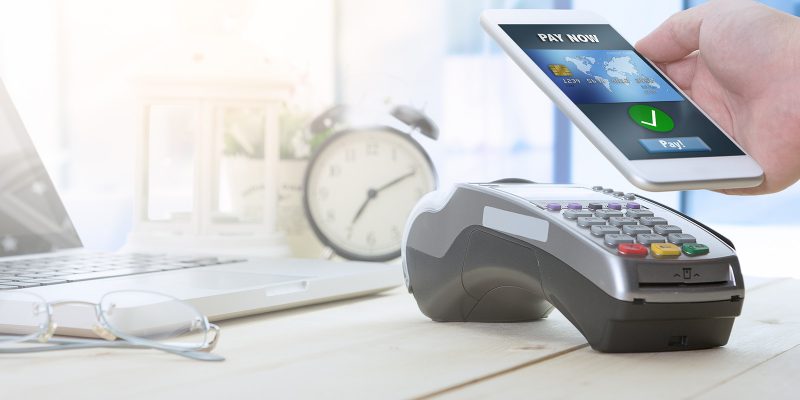IMPORTANT INFORMATION FOR OUR CUSTOMERS
REQUESTS FOR INFORMATION
Brunswick Bank staff members will never call, email or otherwise contact you to request personal and confidential information, including your online banking log in credentials, PIN number, social security number, or debit card number. Requests for this type of information should be considered suspicious. If you receive such a request from someone claiming to be from Brunswick Bank, please contact us immediately at 732-247-5800 to report this matter.
REPORTING SUSPICIOUS ACTIVITY
If you see suspicious activity on your account(s) or have received a suspicious call, email, letter or other similar contact regarding your relationship with Brunswick Bank call us at 732-247-5800 or visit any branch office.

PROTECTING YOURSELF ONLINE

Password Security Tips
- Do not share your User ID’s or Passwords with another person or provide them to others. Safeguard your User ID and Password information—never leave the information in an unsecured location.
- Create a unique User ID and Password for each site. Do not use the same identifying information on multiple websites.
- Avoid using obvious passwords such as family member/pet names and birthdays.
- Create strong User ID’s and Passwords. In other words, use upper case letter(s), lower case letter(s), number(s), and special character(s) (!@#$%^&*)
- Many websites force password changes (i.e. every 60 days). If a website does not do so, take the initiative and change your password on a regular basis.
Website/Email Security Tips
- Monitor account activity. View account activity online on a regular basis and review periodic account statements (monthly and/or quarterly) and reconcile them to your personal records.
- Log Off from a website; do not just close the page or “X” out.
- Only submit sensitive information to secure websites have a web address that begins with https// (rather than just http).
- Avoid using public computers or public wireless access points for online banking
- Never click on links or open attachments in emails unless you have confirmed that the email is legitimate. Many times these emails will appear authentic and may ask you to confirm account/personal information. DO NOT respond to the emails, click links, or open attachments in these emails.
- If a website displays a security monitor, verify it has the current date. If it does not, do not use the site; it may be a spoofed or hijacked.
- When completing financial transactions, verify encryption and other security methods are in place, protecting your account and personal information.
- Make online purchases only from trusted websites. Research unknown companies before making any purchases and submitting secure information.
Computer / Network Security Tips
- Use quality security monitoring software on your computer that includes anti-virus, anti-malware and firewall functions.
- Use your computer’s security features such as individual Log-In accounts.
- Keep your operating system security up-to-date by applying patches and updates.
- Password-protect your computer network (physical or wireless).
- Use firewalls on your local network to add another layer of protection for all the devices that connect through the firewall.

REGULATION E – ELECTRONIC FUNDS TRANSFER
Regulation E provides rules for error resolution and unauthorized transactions for electronic fund transfers, which includes most transactions processed online. In addition, it establishes limits to your financial liability for unauthorized electronic fund transfers. These limits, however, are directly related to the timeliness of your detection and reporting of issues to Brunswick Bank. It is for this reason that we encourage you to immediately review periodic account statements and to regularly monitor your account activity online.
The disclosure provided to you at the time of account opening provides detailed information. We will provide to you, upon request, a free printed copy of this disclosure.
RESOURCES:
FDIC – Electronic Funds Transfers (Regulation E)
https://www.fdic.gov/regulations/laws/rules/6500-500.html#fdic65001005.1
FDIC Consumer Protection
https://www.fdic.gov/consumers/
FDIC Consumer Protection
https://www.fdic.gov/consumers/assistance/protection/index.html
ID Theft
On Guard Online
Stay Safe Online
https://www.staysafeonline.org
Better Business Bureau
https://www.bbb.org/data-security
FBI Scams and Safety